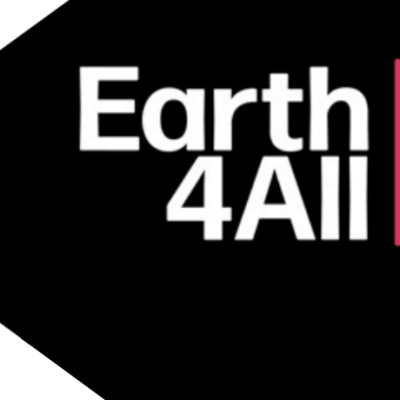The environmental impacts of war don’t make the news very often, but after a year of Russian aggression in the Ukraine, Greenpeace have produced an interactive map showing environmental losses so far.
Cars are a problematic technology, but solar powered cars are as near as you’ll get to a sustainable private vehicle. Three are in development – and all three are struggling a little. Fully Charged explains why.
Meanwhile we remain dependent on an electric car charging network – which the Green Alliance remind us is getting better and is on track, despite the bad press sometimes.
A company called CarbonCure has developed a way to inject captured carbon into concrete, where it mineralises and is locked safely away. David Roberts discusses the idea on his Volts podcast.
If you get BBC iPlayer where you are, their recent radio mini-series on the word woke is well worth catching up with: Woke – the Journey of a Word, with Matthew Syed. The term has a surprisingly long and interesting history.
I haven’t mentioned it much on the blog as it’s a separate line of work from my environmental and justice writing, but I thought I’d mention my children’s book here again. It came out a year ago this week, and if you have children in the 7 to 10 age bracket who haven’t read it yet, allow me to recommend it.
Max Counts to a Million is about a boy who counts to a million during the Covid lockdown. It’s very funny and there are jokes for the adults too, so it’s great for reading aloud. It reliably makes adults cry however, just to give you fair warning. Sometimes the laughing and crying happens at the same time, apparently.
Max was recommended by The Times and The i, and has been shortlisted for three different children’s book awards. You can get it from Earthbound Books UK .
Highlights from this week
The unreported crises of 2022
Every year Care International do some analysis of news reporting and compile a list of the most under-reported humanitarian crises. I’ve covered the list before, and also in my book, as I think it’s important to come back to on an annual basis. To qualify for the analysis, Care look at emergency situtations that affect…
The IEA on the emissions of the richest
“The world’s top 1% of emitters over 1,000 times more CO2 than the bottom 1%.” That’s the kind of killer fact that we’ve come to expect from organisations like Oxfam – a shocking and blunt illustration of climate justice. But this one’s not from Oxfam or any other development or environmental group. It’s from the…
Book review: Earth for All
Earth for All: A Survival Guide for Humanity is the latest report from the Club of Rome. It was they, if you remember, who issued the original Limits to Growth report in 1972. There have been many other reports in the interval, one or two of which I’ve covered (see below). This one is once…




